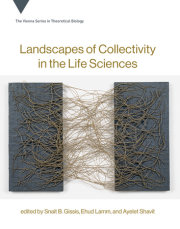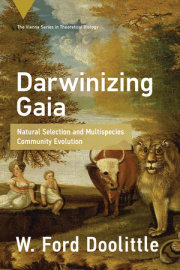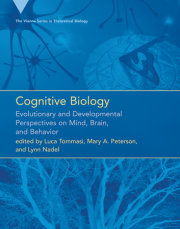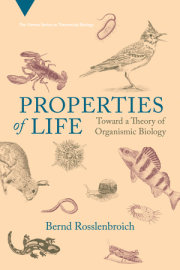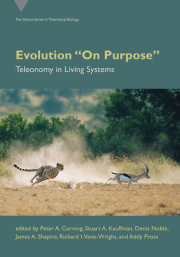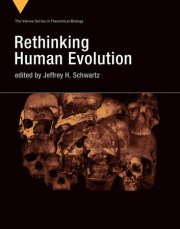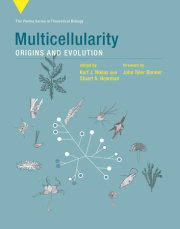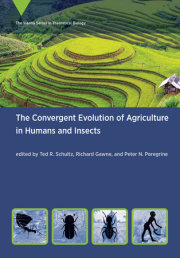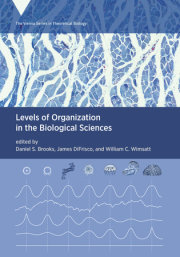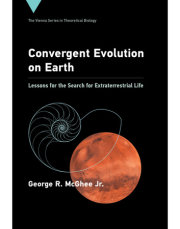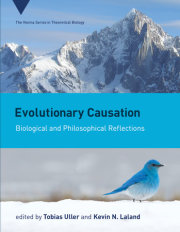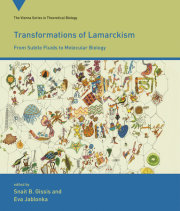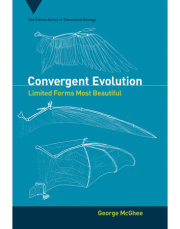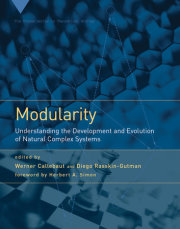Broad perspective on collectivity in the life sciences, from microorganisms to human consensus, and the theoretical and empirical opportunities and challenges.Many researchers and scholars in the life sciences have become increasingly critical of the traditional methodological focus on the individual. This volume counters such methodological individualism by exploring recent and influential work in the life sciences that utilizes notions of collectivity, sociality, rich interactions, and emergent phenomena as essential explanatory tools to handle numerous persistent scientific questions in the life sciences. The contributors consider case studies of collectivity that range from microorganisms to human consensus, discussing theoretical and empirical challenges and the innovative methods and solutions scientists have devised.
The contributors offer historical, philosophical, and biological perspectives on collectivity, and describe collective phenomena seen in insects, the immune system, communication, and human collectivity, with examples ranging from cooperative transport in the longhorn crazy ant to the evolution of autobiographical memory. They examine ways of explaining collectivity, including case studies and modeling approaches, and explore collectivity's explanatory power. They present a comprehensive look at a specific case of collectivity: the Holobiont notion (the idea of a multi-species collective, a host and diverse microorganisms) and the hologenome theory (which posits that the holobiont and its hologenome are a unit of adaption). The volume concludes with reflections on the work of the late physicist Eshel Ben-Jacob, pioneer in the study of collective phenomena in living systems.
Contributors
Oren Bader, John Beatty, Dinah R. Davison, Daniel Dor, Ofer Feinerman, Raghavendra Gadagkar, Scott F. Gilbert, Snait B. Gissis, Deborah M. Gordon, James Griesemer, Zachariah I. Grochau-Wright, Erik R. Hanschen, Eva Jablonka, Mohit Kumar Jolly, Anat Kolumbus, Ehud Lamm, Herbert Levine, Arnon Levy, Xue-Fei Li, Elisabeth A. Lloyd, Yael Lubin, Eva Maria Luef, Ehud Meron, Richard E. Michod, Samir Okasha, Simone Pika, Joan Roughgarden, Eugene Rosenberg, Ayelet Shavit, Yael Silver, Alfred I. Tauber, Ilana Zilber-Rosenberg


